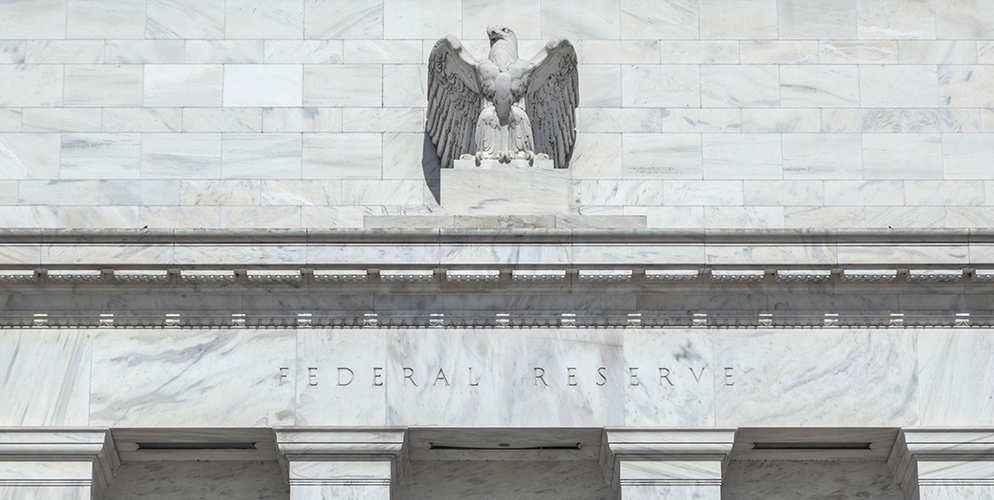
Fiscal Relief is Needed
But The Fed Stands Ready To Support Public Finance
While the eternal optimist in us has not given up on passage of a congressional relief package before Election Day, we are not so sure that it would be as comprehensive as we would prefer it to be, with more work likely needed to get done on the state and local front post November 3rd by a Congressional lame-duck session. Reading between the lines, not only has the total size of the relief package been a significant point of contention, but the precise wording of the debated legislation and specific funding priorities have also contributed to the delays. What we can say with relative certainty is that muni market participants are paying very close attention to the contents of the overall package with a focus on those items most impactful to the public finance space. Although we expect there to be an allocation to state and local governments, we have to prepare for a package that offers a less than desired amount, and any assistance may be part of a post-election agreement.

While it is often difficult to rely upon the political process to come through with timely and effective legislation, the one constant throughout this pandemic has been the resolve demonstrated by a rather interventionist Fed. From the very beginning, our Central Bank took deliberate, aggressive and well-choreographed measures to settle anxious markets through the unprecedented application of targeted liquidity facilities reaching across multiple asset classes and business stakeholders. The introduction of the Municipal Liquidity Facility (MLF) illustrated the Fed’s commitment to hold a liquidity crisis at bay and prevent an insolvency crisis from emerging. The Fed has also expanded its Main Street Lending program to provide greater access to credit for nonprofit organizations such as educational institutions and hospitals.
With the passage of the CARES Act, various industry groups in support of state and local governments had called upon the Fed and Treasury to establish farther reaching programs designed to facilitate the purchase of a wider basket of municipal securities following April’s initial introduction of the MLF. Creating a short-term lending facility through the Fed or directly placing TANS, RANS, or TRANS with the Fed is a direct and effective way to assist those issuers in need of cash flow borrowing and perhaps experiencing difficulty accessing the capital markets. The program’s original pricing matrix was scaled back by 50 basis points across multiple credit rating categories as a way to offer a less prohibitive funding backstop, yet we still believe that program fees remain high, thus potentially shutting out a number of eligible candidates.
Earlier this month, various state and local government stakeholder groups submitted a letter to Treasury Secretary Steven Mnuchin and Fed Chair Jerome Powell seeking even broader expansion of the MLF as well as certain relief measures. Along with a rather pessimistic outlook for effective Congressional relief discussions, the signatories argued that several actions tied to the Fed’s program are “excessively punitive” and further compromise a FY 2021 budgetary cycle that is highlighted by unprecedented revenue dislocation. Given the depth and scope of budgetary uncertainty, the recommendation to expand the MLF to a broader universe of essential public service issuers would support needed infrastructure initiatives throughout the country. We believe that the stakeholder letter makes sense and that their recommendations should be considered in future Central Bank and Congressional deliberations. While there is really no way to tell what the demand for the program will look like into next year, we are confident that a growing number of issuers will seek this financing portal. For now, Congressional support seems unclear. Although the latest report from the Congressional Oversight Commission acknowledges the initial benefits of the MLF program that preserved market stability and liquidity, a growing number of federal legislators are questioning the efficacy of continued program access.
For a comprehensive portfolio evaluation of your municipal holdings, please contact your Oppenheimer Financial Professional.
